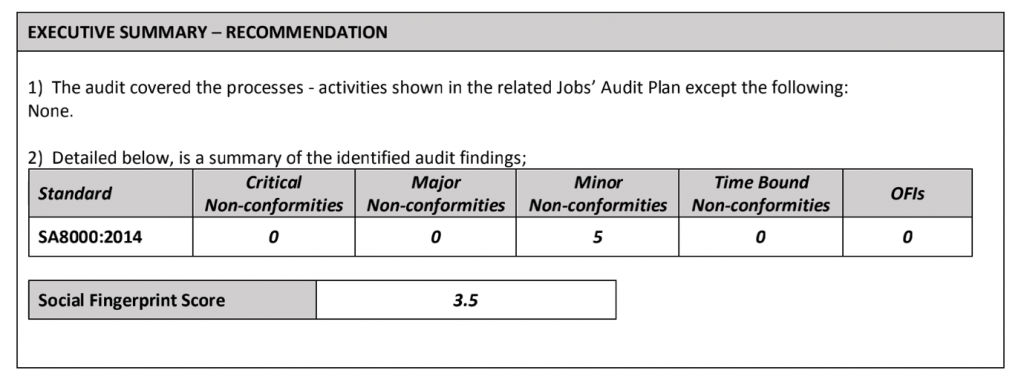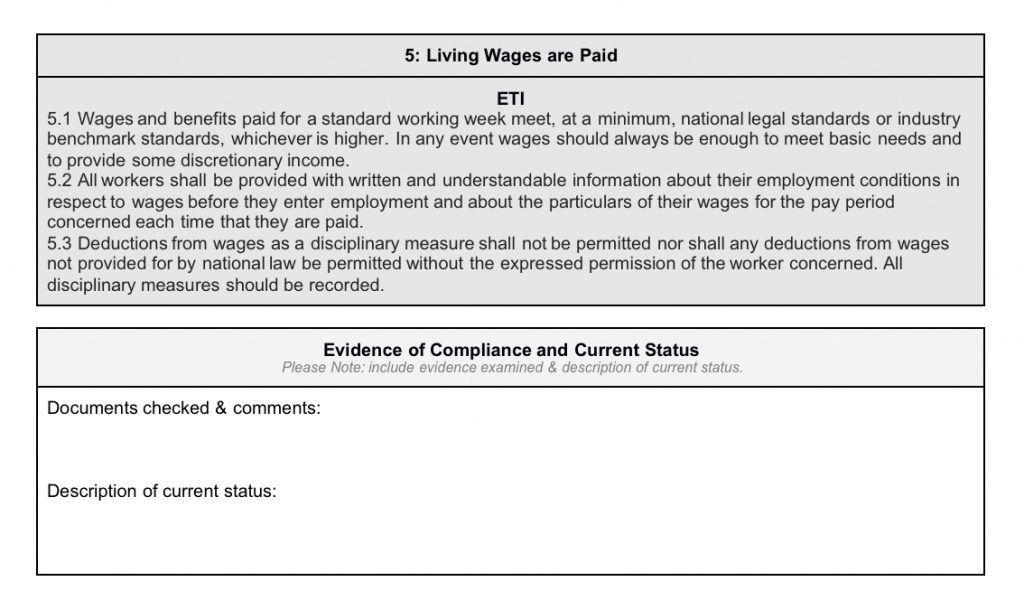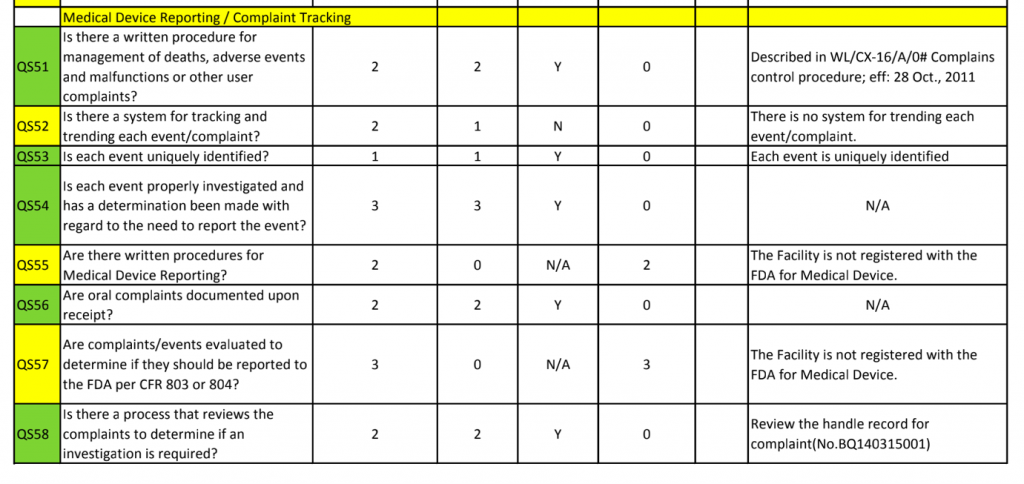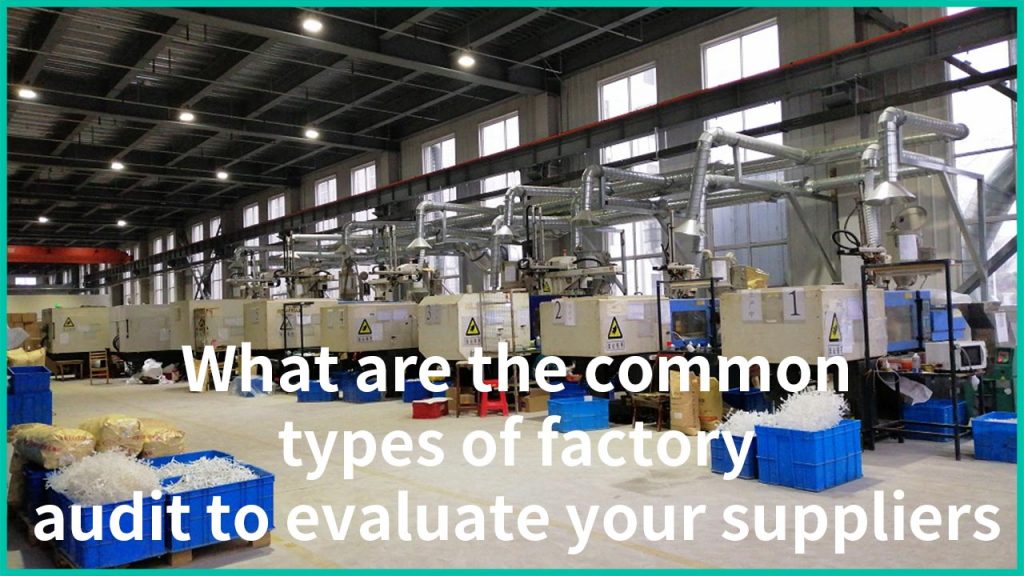Common Types of Factory Audits for Suppliers Evaluation
If you are in the international trade industry, you know that there are many risks that can happen when it comes to importing goods: from bad publicity and destroying your reputation to legal and quality issues.
Most importers decide to focus on the quality of the product, overlooking the standards of the factories they work with. Factory audits only come to mind when bigger retailers, such as Walmart, Target, Disney, and others, require them.
Well, this is a big mistake! We have witnessed dozens of successful importers fail because they ignored the long-term value of a factory audit.
Although these audits might not sound necessary for small or middle-size enterprises, it is obvious that every company needs to make sure that they stand far from unethical social scandals, such as labor exploitation or human rights issues, that will definitely destroy their reputation!!
Factory audits come in different types, and each serves a different purpose. Today, we will be going through 3 common audits:
1. SA8000 Audit
2. SMETA Audit
3. Good Manufacturing Practices (GMP) Audit
SA8000 Audit
SA8000 audits are a great choice for those who are conducting a social compliance audit for the first time, or those who don’t need to meet a specific requirement. SA8000 makes it easy to identify the specific areas that the supplier needs to correct.

SA8000 is based on the UN Declaration of Human Rights and International Labor Organization (ILO). It measures the performance of companies in eight areas related to social accountability in the workplace:
- Child labor
- Forced labor
- Health and safety
- Free association and collective bargaining
- Discrimination
- Disciplinary practices
- Working hours and compensation.
SMETA Audit
SMETA (Sedex Members Ethical Trade Audit) was established by a non-profit membership organization known as SEDEX (Supplier Ethical Data Exchange) to improve ethical business practices.
SEDEX has its own online platform, where official reports are reviewed and can be accessed, including the CAP (Corrective Action Plan) progress of factories.
SMETA has two kinds of audit frameworks: the Two Pillars Audit and Four Pillars Audit. So, how are they different?
Both Two Pillars and Four Pillars audits include the following:
- Labor Standards
- Health and Safety
- Management Systems
- Entitlement to Work
- Subcontracting and Homeworking
- Environmental assessment (Simplified)
In addition to the above, the Four Pillars Audit also includes:
- Environmental assessment
- Business Ethics
SMETA audits are more complex as compared to SA8000, and include more information about the workers’ wages and salary ranges.

Good Manufacturing Practices (GMP) Audit
Good Manufacturing Practices (GMP) Audit is quite similar to ISO9001. However, GMP audit focuses on products’ safety, whereas ISO9001 examines the ability of the supplier to meet the clients’ requirements. Furthermore, GMP only applies to certain products:
- Food and beverage
- Pharmaceuticals
- Dietary Supplements
- Medical devices
- Cosmetics
GMP compliance is mandatory in many markets, including the U.S., Canada, E.U., and Australia. Each market might require different GMP frameworks.
A GMP checklist should at the very least cover the following:
- Organization and personnel
- Buildings and facilities
- Equipment and utensils
- Production and process controls
- Packaging and labelling
- Warehouse, storage and distribution
- Document and records control

A “better safe than sorry” strategy will help your company avoid mistakes in the early stage, so that you don’t waste your time and money later down the lane. As you have seen in this article, factory audits are one of the best investments that import companies can do, if they aim for international long-term success.

